Your basic mandarin chinese toolkit that will save you
Sometimes we just want to have a feel for a language before we decide wether or not we fully dive into it. When it comes to learning chinese, the ideal approach is of course to go for some basic mandarin. But is it really the ideal way?
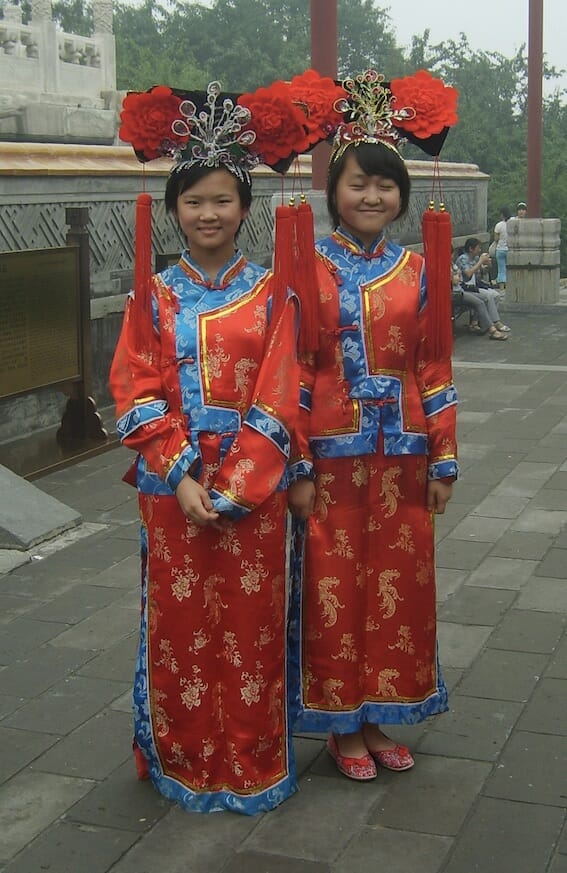
The poor guy was brought to a vet who wanted to open a private part of his body.
Table of Contents
1. How long does it take to learn basic Mandarin?
In a matter of three to four weeks, it is possible to have enough range to handle basic mandarin. However, you should know that this is more of a recipe for the short-term, rather than a magic fit-all formula. More over, your skill will mainly allow you to handle basic conversations such as asking for your ways, shopping and eating at the restaurant. If, however, you want to learn basic mandarin as part of a long term journey, I advise you to have a clear vision of your objectives. Then, commit to that vision.
To help guide you, I have created a road map that gives a clear timeline of the efforts needed in order to reach different layers of ability; and what these levels will in turn allow you to achieve. For example, with 1,000 characters, you will be able to read most of the Chinese newspaper etc…
2. Is it difficult to learn Mandarin?
The short answer to that question is NO. However, it depends on your level of commitment and the way you approach your learning process. As I mentioned in LEARN CHINESE IN 5 MINUTES DON’T FALL FOR THAT BAIT, it is best to think in terms of a jigsaw puzzle game. There are many similarities between the later and the chinese language. However, if you take the practice as a chore, it is best to avoid it altogether. You will waste your time because you will give-up after a while. On the other hand, if you consider the experience as a game, you will seek the difficulty and it will be a testament of your progress.
3. Why you want to avoid easy ways to learn chinese?
In many of the posts I wrote, I argue against that timid approach because it automatically leads one to seek the easiest ways, and to cut corners. For example, you might decide that speaking is enough. You could even trim it down to just basic mandarin chinese people use the most. There is an obvious appeal to that tactic. However, there is also a MAJOR drawback. Indeed, your brain gets wired to go after easy and quick shortcuts. This is of course detrimental to your true learning experience as you will end-up completely demoralised once the road gets steeper. Everyone I know who had learned easy and fast ways, quitted once they faced real challenges.
That said, sometimes you might just need some quick fix because of an urgent matter. So, in this article I will introduce you to basic mandarin chinese that will help you in these situations.
4. Basic mandarin to introduce yourself in chinese
The chinese language is a fluid one and not always literal. For example the student way of saying ‘my name is’, is ‘我的名字是。。。’. But generally speaking chinese will say “我是刘先生” (I am Mr Liu). 先生there is used as a respectful way to address one person. It is formal and you will hear it in the bench of schools, during host interviews on tv etc… That said some high-ranking officials are sometimes called diminutive names which is aimed at curing favour from the local population.

5. Basic mandarin to say where you are from
Chinese are friendly generally speaking and curious. Do not be surprised if they want to take pictures with you or; in the case where you have blond hair; they try and touch you. It is a mix of curiosity and friendliness. Do not be offended; like I have seen so many people be.
They will want to strike conversation with you and know where you are from? Sometimes they might ask you what work you do? And in some of the funniest experiences I had with some of my colleagues, they might even ask you if you are a manager and have a girlfriend. It’s all in good spirit. One of the most common phrases you might hear when people try to speak to you is “你是哪国人?” which means (which country are you from?). your answers could be:
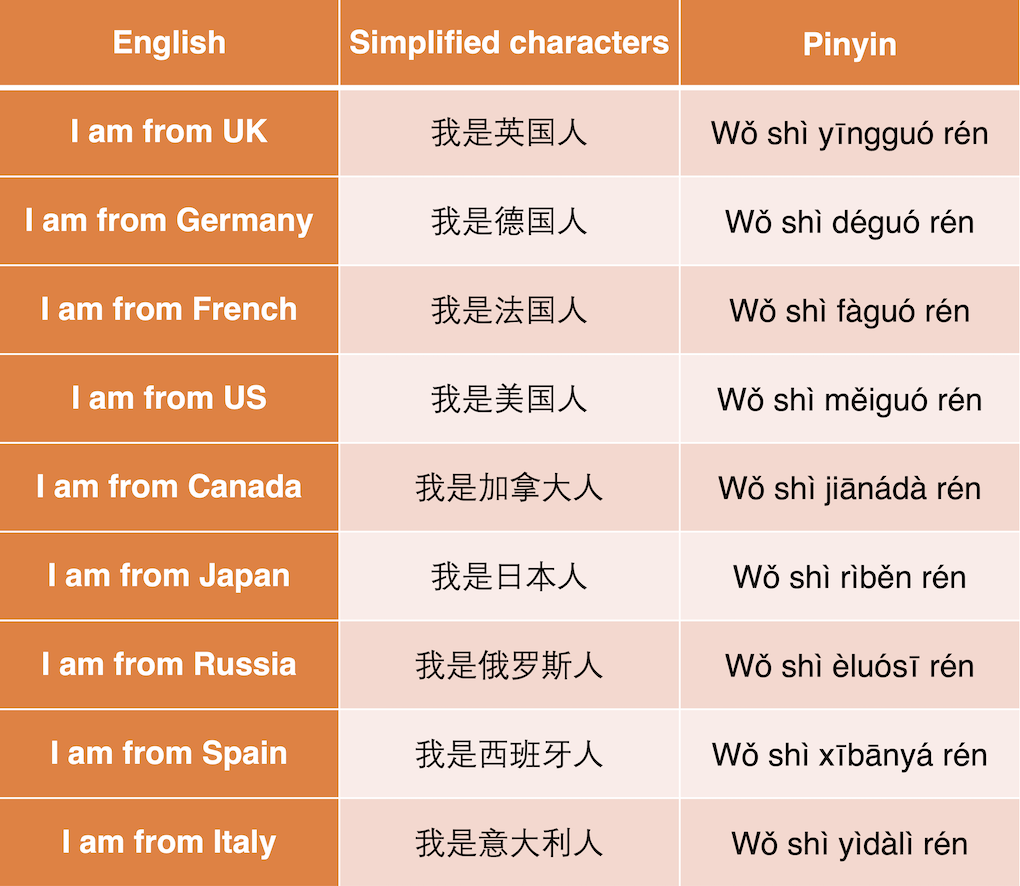
Basic mandarin to say where you are from
Note:
There is a difference between “I am from UK” (I am English) and “I came from UK” (I travelled from UK).
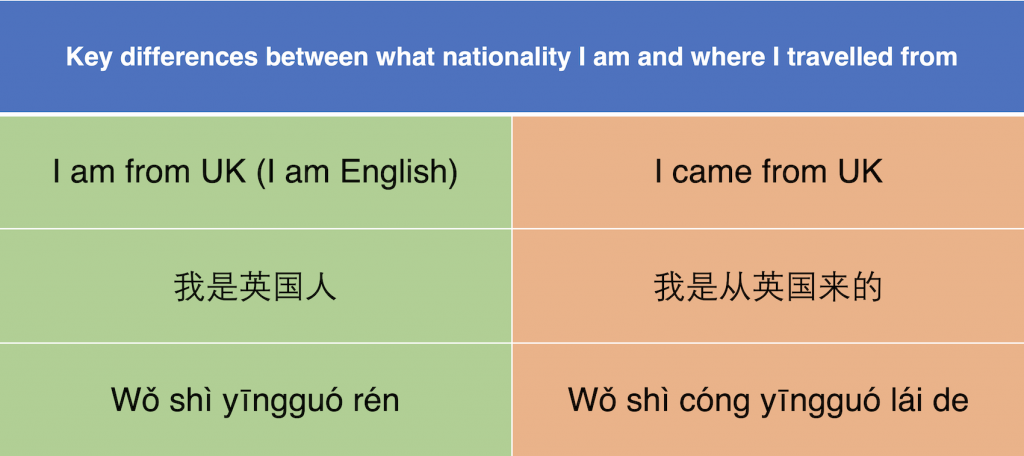
6. Basic mandarin dealing with numbers
6.1. Basic numbers
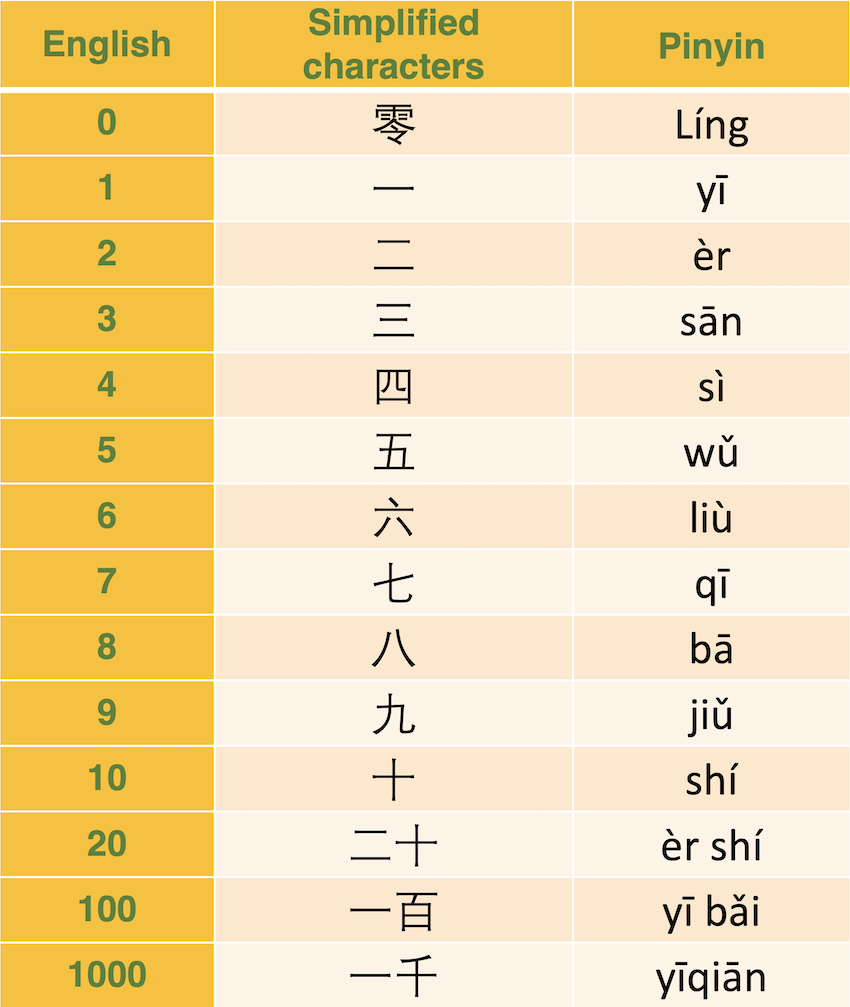
6.2. Your age
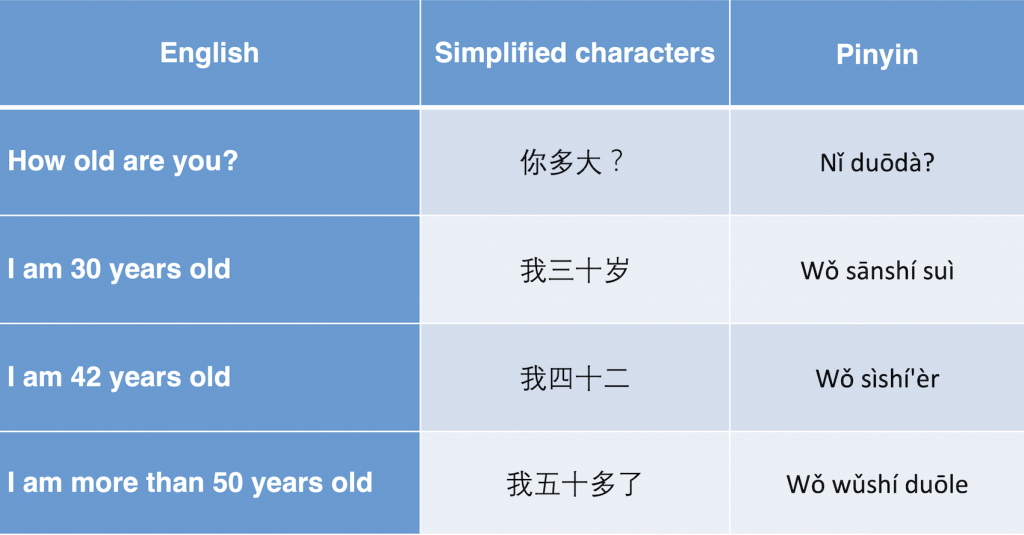
6.3. Your height
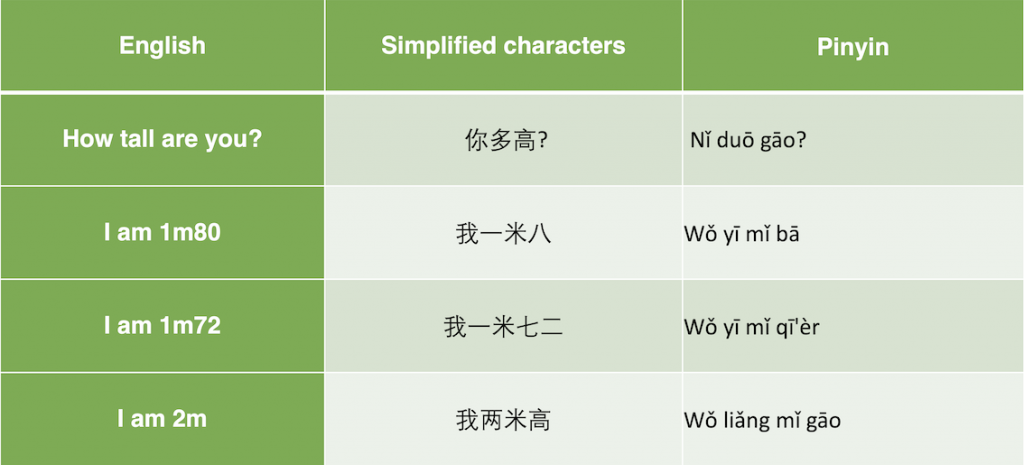
6.4. Your weight
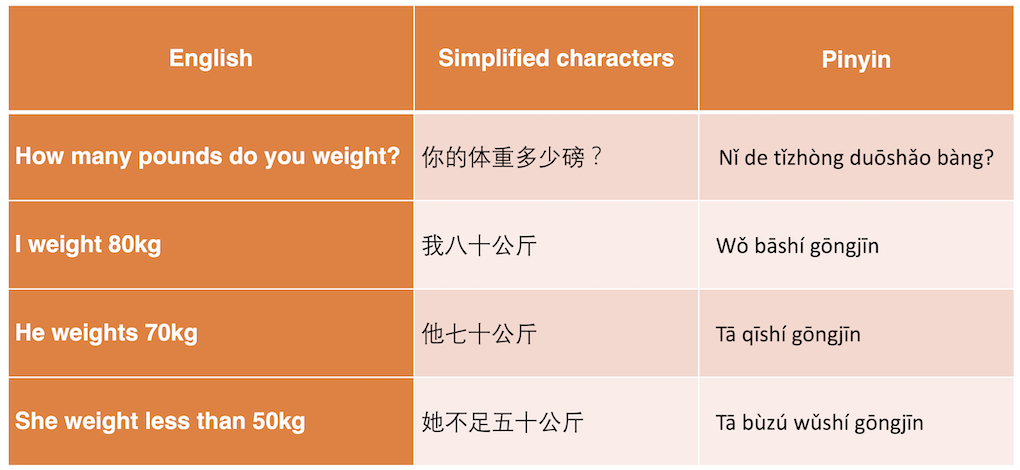
Note that if you go to fruit and vegetable market in China, the weight of reference is half a kilo (一斤)。 A kilo is 一公斤(Yī gōngjīn)。And after you buy all your merchandise, you might want to ask “how much it all cost?” “一共多少钱?(Yīgòng duōshǎo qián?)”
7. Basic mandarin to greet in chinese
7.1. Greetings that won’t get you far
Students who seat in any classes of mandarin chinese; even in local chinese universities, learn the basic 你好 Nǐ hǎo. Most chinese do not great each other in that maner. Since the language is more fluid and evolving, the way people greets depends on the situation and the relationship one has with another.
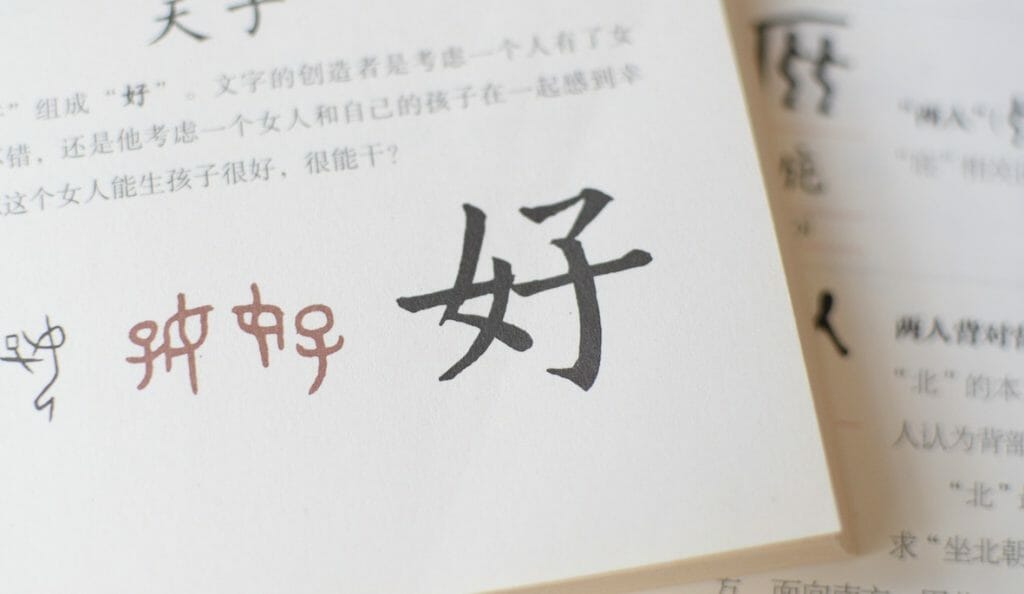
Learn why 好 means Good in Chinese and why it is related to women (click on the picture).
7.2. Greetings that means you are in

For example, many chinese family use “吃饭了吗?Chī fàn le ma? (Have you eaten?).
Even if there is no literal relationship between this phrase and greetings; these kinds of sentences are used often between families members or friends. It’s kind of a way to say “I care about you”.
7.3. Greetings in the news
大家好 Dà jiā hǎo (hello everyone)is a sentence you will often hear from the chinese tv channels when the news are on. It’s is relatively formal; at least more than the first sentence, and is addressed to the general public.
7.4. Greetings formally:
There are situations where you will have to be formal with your chinese counterparts. Such circumstances might arise if you are an employee in a chinese company and you have to address a boss.
– To a boss:
张总好!(Zhāng zǒng hǎo! 总is a way to address the boss or a respectful way to address someone where you are not sure about his/her title or rank).
It can also happen when you meet chinese officials to conduct businesses.
– To a chinese government official:
马处,您好!(Mǎ chù, nín hǎo! 马is the person’s last name, and 处 chù is the level of ranking for this official. 您 (nín) is the respectful way to address the people who are elder or higher level.
Another occasion where formality will be expected is when you work in the chinese school system and your supervisor is chinese. They expect you to address them formally. That’s one of the reasons I did not get a job with a foreign MBA school established in china. I already had similar experience in a Japanese company where the respect was not reciprocal so I was not so enthusiastic to relieve such adventures.
– In the chinese school system:
王老师早!(Wáng lǎoshī zǎo!) Good morning, teacher Wang!
Another occasion where you will have to greet formally is when you meet a business person for the first time. Exchange of cards is expected. And generally speaking, your card will be examined as a gesture of courtesy and curiosity.
– First encounter Business gathering
您好!这是我的名片。(Nín hǎo! Zhè shì wǒ de míngpiàn: Hello this is my card) if you want to provide your card first. If the other party gives you the name card first, you shall give back your own, and say: 谢谢! 这是我的名片。(Xièxiè! Zhè shì wǒ de míngpiàn: Thank you . This is my card).
8. Basic mandarin to deal with transportation
Hopefully you will one day make the trip to china. One of the first issues you will face will be to ask for your direction. The first person you are likely to deal with will be a taxi driver.
8.1. Take the taxi
The taxi driver might want to assess your knowledge of the area. In case he suspects you do not know the address, he could try and take you for a long drive that will cost you more than it should. So, it is useful to have an idea of what big streets your final destination is close to. Don’t talk too much with the taxi driver if your Chinese is not good. Just say where you want to go clearly.
❣️ Example
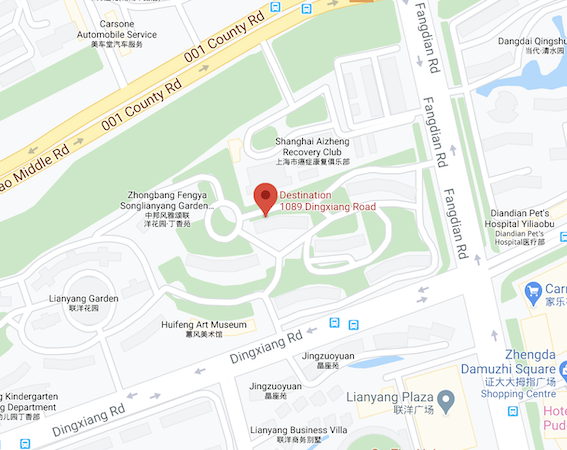
You could say:
– 师傅,去芳甸路和丁香路交界处
– Shīfù, qù fāng diān lù hé dīngxiāng lù jiāojiè chù
– Driver, intersection of Fangdian road and Ding Xiang road.
As long as you can point out two roads, the driver shall be able to find the intercection point.
8.2. Take the metro (地铁: Dìtiě)

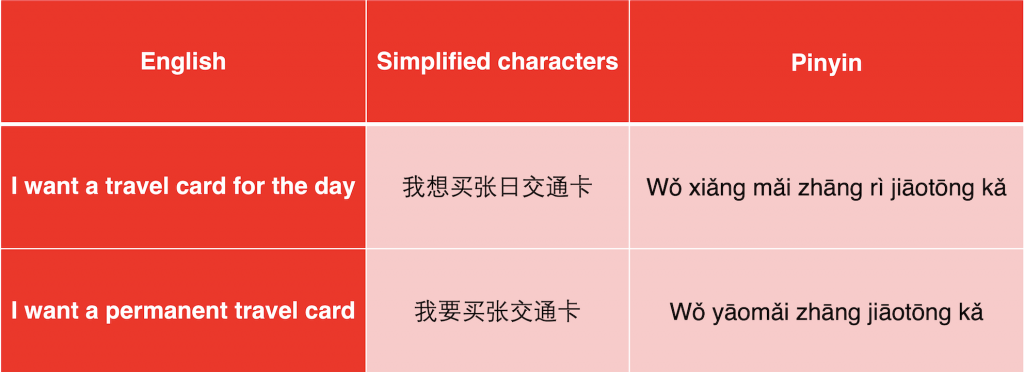
8.3. Take the plane

Travelling to and from china is very convenient, thanks to the number of planes flying on a daily basis. But very often, you will find out that a city in china might have more than one airports, with few terminals. You therefore need to specify which airport and which terminal you want to go to.
9. Basic mandarin to order food and drinks in a restaurant

How to order your food in a chinese restaurant (courtesy: Pixabay)
It is completely out of question to go to China and not eat chinese food. It does break my heart when I see people travel tens of thousands of miles and end up eating in a Mc Donald or KFC. Sure, if you have been eating chinese food for days you might crave some of the food you are used to. However, some, like the former colleagues of mine in an American company only wanted to eat pizza, burgers, etc. What a shame.
So, when you go to restaurants how should you order your menu:
You are likely to hear “欢迎光临” Huānyíng guānglín which means”Welcome”
9.1. 喝茶吗?
Hē chá ma?Do you want some tea? The restaurant employees are likely to ask you that question seconds after you seat in the restaurant. This is a courteous way to welcome guests. You should nevertheless ask 多少钱?(Duōshǎo qián?) How much is it? ; since some restaurants will sell the tea instead of giving it free of charge.
9.2. How do you call the waiter?
“服务员 Fúwùyuán” is a sentence you will hear often when you are in a chinese restaurant. Chinese tend to shout to get a waiter and so should you, unless you are in a very classy restaurant where small hand gestures are catered to with speed.
You need to fight for attention in most restaurants since they can be very busy and if you do not show your presence you will be completely ignored.
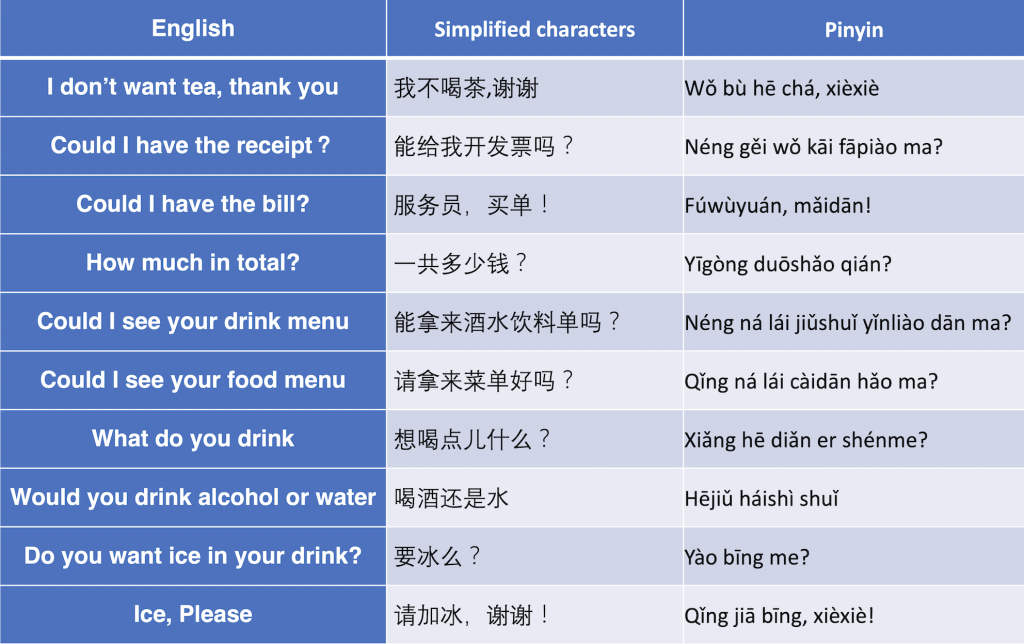
9.3. Illustration?
“CHOOSING THE MENU

Like everyone who gets to a foreign country for the first time, your body might need time to adjust. Chances are you could get sick. That’s why you must stay away from street food and boil the water before you drink it. Avoid ice in restaurants, and rather ask for a cold version of the drink you want.
10. Basic mandarin to go to the hospital
I once had a colleague who got sick while in business trip in china. As he called our mutual boss, the later invited me in the call to hear the interesting conversation. The poor guy was brought to a vet who wanted to open a private part of his body. When the boss later said “We really empathise with your pain”, this colleague yelled “We? Who else is in that call?”. We then exploded, laughing our heart out. It all ended well for him fortunately. Still you might need to go to hospital or see a doctor. The quality of hospitals in the big cities are great so do not worry. Sickness vary from the simple stomach ache to more serious illness. In any case it will help you to be able to ask for some help when needed.

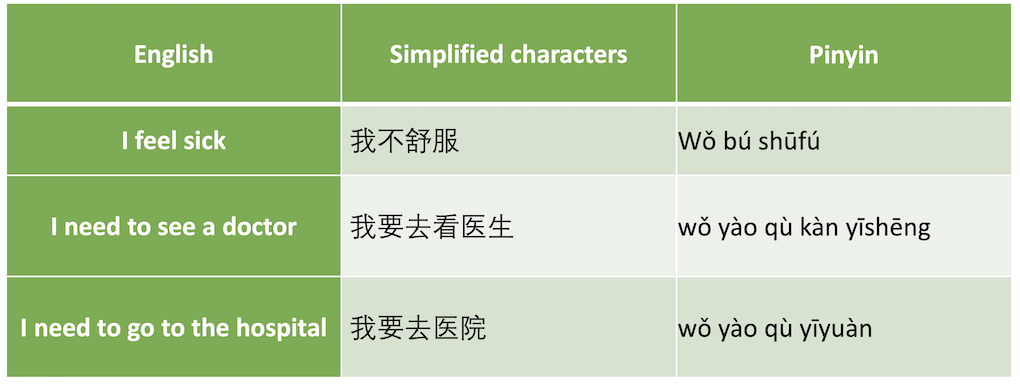
11. Basic mandarin to pay for what you buy
In china you can negotiate for many items. Generally speaking, you will be charged the maximum even in regular stores. Only the supermarket stores with clear price tag might not negotiate. Then again, if the product seats in the shelve, it has not sold yet. Therefore, you can bargain for a good price.

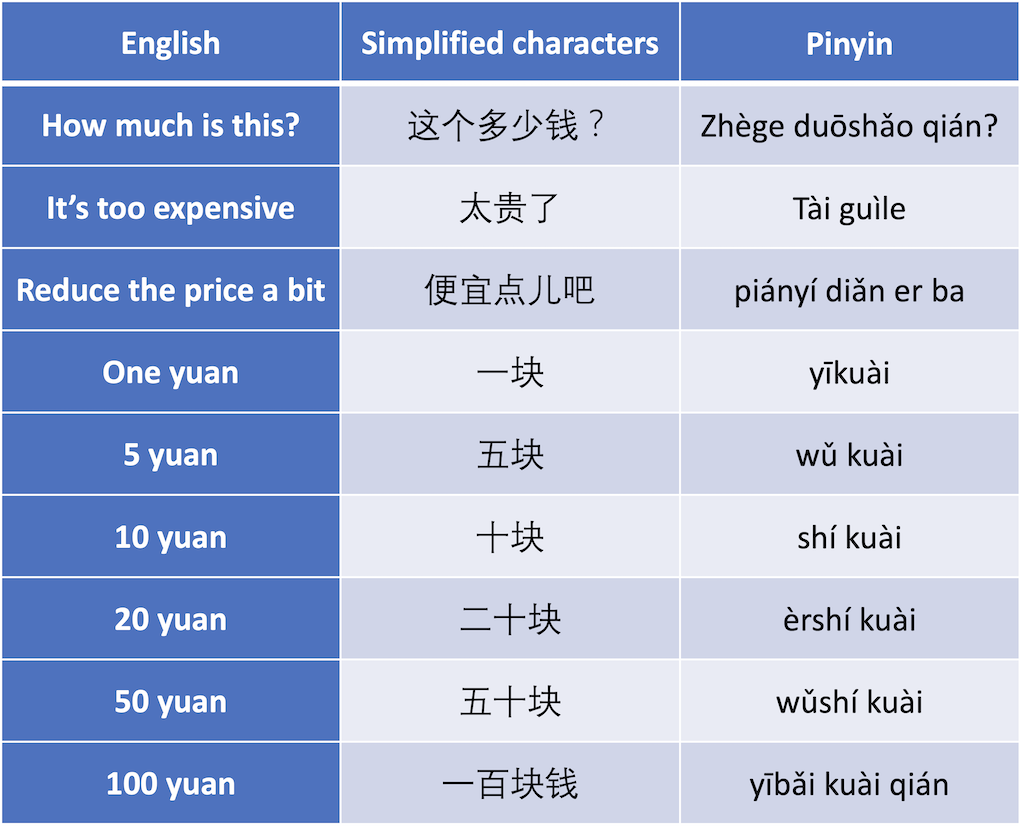
11.1. Walk away negotiation:

In some instances (and if you are strategical with the day and time), you can negotiate a good price even when the store manager seems to refuse. For example, if you go to a store during the week-end, chances are business is booming and therefore the shop owner will not want to negotiate. However, if you go at the beginning of the week when business is slow and there are not many people around, you can get away with a good bargaining price.

12. Basic mandarin to find your way to key offices
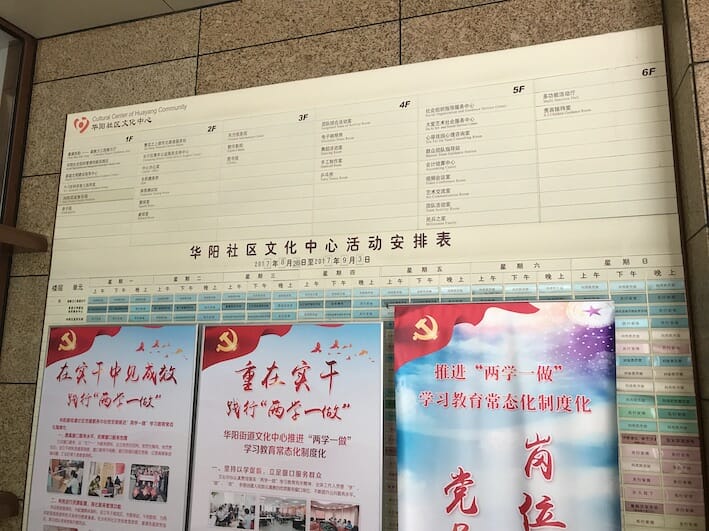
In some instances, you might have to deal with different types of government employees. Whether it’s to send a parcel to the post, go to the immigration bureau or go for a general heath check (in where you are going to stay in the country for an extended period of time).
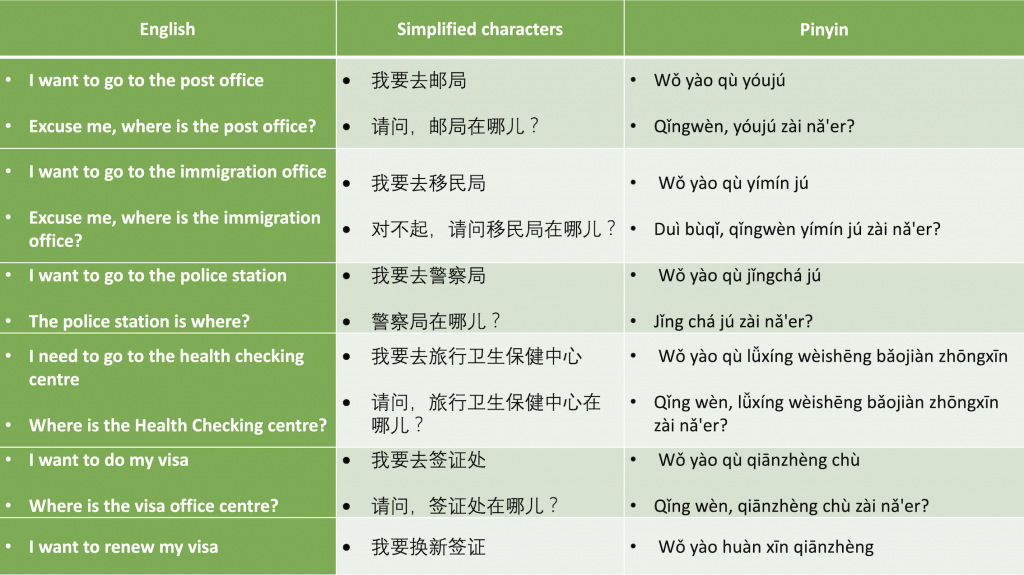
We recommend:
How To Cook The Best Olympian Style Chinese Chive Pocket
The Best Coca-Cola Chicken Wing Recipe Ever
Best Kept Secrets Of Delicious Chinese Style Lamb Wrap
The Best Glutinous Rice Balls Recipe Ever Made | 汤圆
This Is How Sea Bream Fish Is Cooked | Special Chinese New Year Edition
The Best Dombré EVER – Caribbean “Pig Ears Dumplings”







